As an active and responsible member of the international community, Vietnam has always seriously and fully implemented its international commitments on human rights, making efforts to promote human rights both domestically and internationally. A typical example is the implementation of the 1966 International Covenant on Civil and Political Rights (commonly known as the ICCPR). According to the Department of International Law, Ministry of Justice, the ICCPR is one of the most important international treaties of the United Nations (UN) on human rights. Vietnam became a member of the UN in 1977 and joined the ICCPR in 1982. [caption id="attachment_595673" align="alignnone" width="696"]
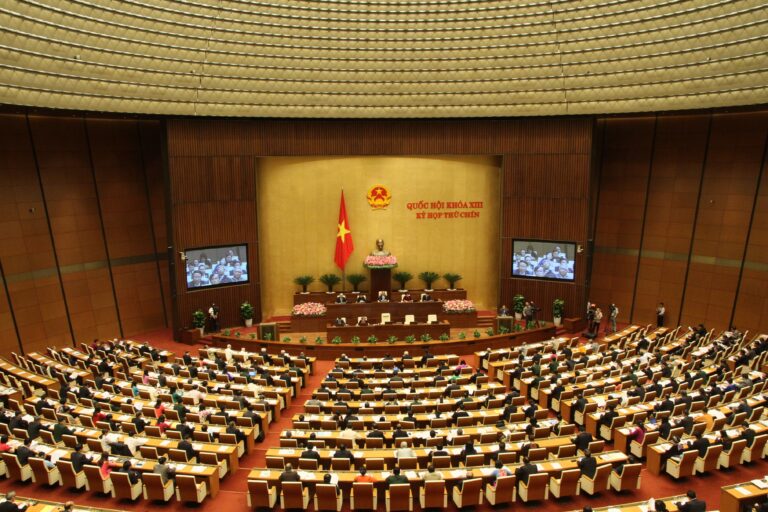
Vietnam's efforts in ensuring civil and political rights through the implementation of the ICCPR Convention have been proactively and fully demonstrated through the work of building and perfecting laws on civil and political rights; promoting the dissemination of laws on civil and political rights; strengthening law enforcement and fulfilling the obligation to prepare national reports on the implementation of the ICCPR Convention. In particular, the "bright spot" in the work of building and perfecting laws to fully recognize human rights in Vietnam in recent years is the birth of the 2013 Constitution with a separate chapter regulating human rights. The 2013 Constitution recognizes the principle: “In the Socialist Republic of Vietnam, human rights and civil rights in the political, civil, economic, cultural and social fields are recognized, respected, protected and guaranteed in accordance with the Constitution and the law”; at the same time, it also clearly stipulates that everyone has the obligation to respect the rights of others, the exercise of human rights and civil rights must not infringe upon national and ethnic interests, the rights and legitimate interests of others. The 2013 Constitution also stipulates for the first time the principle of promulgating legal documents with content on rights restrictions. Accordingly: “Human rights and civil rights can only be restricted according to the provisions of law in necessary cases for reasons of national defense, national security, social order and safety, social morality and public health”. This principle is consistent with international legal standards on human rights restrictions. This principle is also reflected in the Law on Promulgation of Legal Documents 2015 (amended and supplemented in 2020). During the period of 2019 to 2022, Vietnam has passed 56 laws and resolutions of the National Assembly related to human rights and citizens' rights, contributing to concretizing the provisions of the 2013 Constitution as well as international treaties on human rights to which Vietnam is a member, such as the 2019 Labor Code, the 2020 Youth Law, the 2019 Education Law, the 2020 Residence Law, the 2019 Law on Exit and Entry of Vietnamese Citizens, the Law amending and supplementing a number of articles of the 2021 Criminal Procedure Code, the 2021 Law on Drug Prevention and Control, the 2022 Inspection Law, the 2022 Law on Domestic Violence Prevention and Control, etc. In the Law-making Program for the 15th National Assembly, the National Assembly plans to promulgate many other laws related to human rights such as the Law on Employment (amended), the Law on Social Insurance (amended), etc. Trade Union Law (amended), Population Law (amended),... [caption id="attachment_595678" align="alignnone" width="696"]
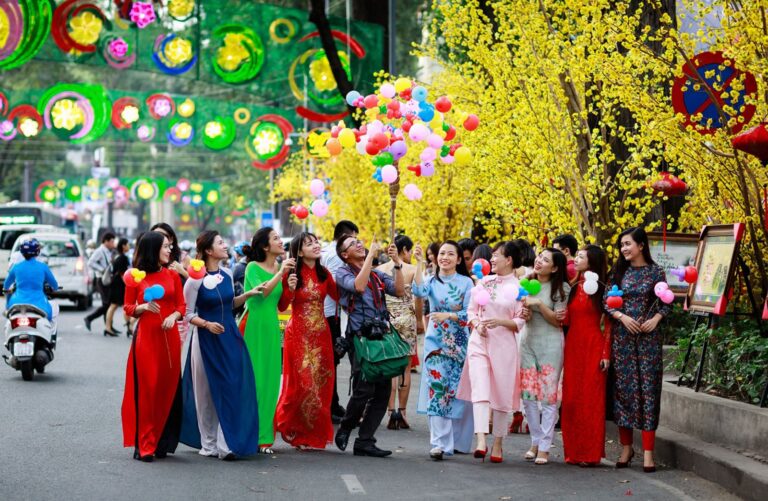
Vietnam is actively improving the relevant legal framework to create conditions for individuals to enjoy their rights to the highest extent possible. (Photo: Cong Ly Newspaper)[/caption] In addition, to fulfill its obligation to respect and protect human rights, Vietnam is constantly improving the legal framework on the organization of the state apparatus, thereby more clearly defining the authority of state agencies related to the protection and guarantee of human rights. In addition to improving the legal framework to directly recognize and protect human rights, Vietnam is also actively improving the relevant legal framework to create conditions for individuals to enjoy their rights to the highest extent possible. Currently, Vietnam has many legal documents issued to support individuals, especially vulnerable groups, to access information, better understand and have the opportunity to exercise their rights, such as the Law on Legal Aid, the Law on Dissemination and Legal Education... In addition, Vietnam also continues to promote civil and political rights through propaganda, dissemination, education and training activities; continue to improve the effectiveness of enforcement of legal provisions on civil and political rights; complete the development of the National Report on the implementation of the ICCPR Convention. In 2023, Vietnam will begin its role as a member of the UN Human Rights Council for the second term until 2025, after the first term from 2014 to 2016. Vietnam is striving to fulfill its mission well, joining hands with the international community to build a peaceful world, where all people and all nations and ethnicities enjoy the fruits of development and social progress, leaving no one behind.
Tra Khanh Vietnam's efforts in ensuring civil and political rights through the implementation of the ICCPR Convention have been proactively and fully demonstrated through the work of building and perfecting laws on civil and political rights; promoting the dissemination of laws on civil and political rights; strengthening law enforcement and fulfilling the obligation to prepare national reports on the implementation of the ICCPR Convention. In particular, the "bright spot" in the work of building and perfecting laws to fully recognize human rights in Vietnam in recent years is the birth of the 2013 Constitution with a separate chapter regulating human rights. The 2013 Constitution recognizes the principle: “In the Socialist Republic of Vietnam, human rights and civil rights in the political, civil, economic, cultural and social fields are recognized, respected, protected and guaranteed in accordance with the Constitution and the law”; at the same time, it also clearly stipulates that everyone has the obligation to respect the rights of others, the exercise of human rights and civil rights must not infringe upon national and ethnic interests, the rights and legitimate interests of others. The 2013 Constitution also stipulates for the first time the principle of promulgating legal documents with content on rights restrictions. Accordingly: “Human rights and civil rights can only be restricted according to the provisions of law in necessary cases for reasons of national defense, national security, social order and safety, social morality and public health”. This principle is consistent with international legal standards on human rights restrictions. This principle is also reflected in the Law on Promulgation of Legal Documents 2015 (amended and supplemented in 2020). During the period of 2019 to 2022, Vietnam has passed 56 laws and resolutions of the National Assembly related to human rights and citizens' rights, contributing to concretizing the provisions of the 2013 Constitution as well as international treaties on human rights to which Vietnam is a member, such as the 2019 Labor Code, the 2020 Youth Law, the 2019 Education Law, the 2020 Residence Law, the 2019 Law on Exit and Entry of Vietnamese Citizens, the Law amending and supplementing a number of articles of the 2021 Criminal Procedure Code, the 2021 Law on Drug Prevention and Control, the 2022 Inspection Law, the 2022 Law on Domestic Violence Prevention and Control, etc. In the Law-making Program for the 15th National Assembly, the National Assembly plans to promulgate many other laws related to human rights such as the Law on Employment (amended), the Law on Social Insurance (amended), etc. Trade Union Law (amended), Population Law (amended),... [caption id="attachment_595678" align="alignnone" width="696"]
Vietnam's efforts in ensuring civil and political rights through the implementation of the ICCPR Convention have been proactively and fully demonstrated through the work of building and perfecting laws on civil and political rights; promoting the dissemination of laws on civil and political rights; strengthening law enforcement and fulfilling the obligation to prepare national reports on the implementation of the ICCPR Convention. In particular, the "bright spot" in the work of building and perfecting laws to fully recognize human rights in Vietnam in recent years is the birth of the 2013 Constitution with a separate chapter regulating human rights. The 2013 Constitution recognizes the principle: “In the Socialist Republic of Vietnam, human rights and civil rights in the political, civil, economic, cultural and social fields are recognized, respected, protected and guaranteed in accordance with the Constitution and the law”; at the same time, it also clearly stipulates that everyone has the obligation to respect the rights of others, the exercise of human rights and civil rights must not infringe upon national and ethnic interests, the rights and legitimate interests of others. The 2013 Constitution also stipulates for the first time the principle of promulgating legal documents with content on rights restrictions. Accordingly: “Human rights and civil rights can only be restricted according to the provisions of law in necessary cases for reasons of national defense, national security, social order and safety, social morality and public health”. This principle is consistent with international legal standards on human rights restrictions. This principle is also reflected in the Law on Promulgation of Legal Documents 2015 (amended and supplemented in 2020). During the period of 2019 to 2022, Vietnam has passed 56 laws and resolutions of the National Assembly related to human rights and citizens' rights, contributing to concretizing the provisions of the 2013 Constitution as well as international treaties on human rights to which Vietnam is a member, such as the 2019 Labor Code, the 2020 Youth Law, the 2019 Education Law, the 2020 Residence Law, the 2019 Law on Exit and Entry of Vietnamese Citizens, the Law amending and supplementing a number of articles of the 2021 Criminal Procedure Code, the 2021 Law on Drug Prevention and Control, the 2022 Inspection Law, the 2022 Law on Domestic Violence Prevention and Control, etc. In the Law-making Program for the 15th National Assembly, the National Assembly plans to promulgate many other laws related to human rights such as the Law on Employment (amended), the Law on Social Insurance (amended), etc. Trade Union Law (amended), Population Law (amended),... [caption id="attachment_595678" align="alignnone" width="696"]  Vietnam is actively improving the relevant legal framework to create conditions for individuals to enjoy their rights to the highest extent possible. (Photo: Cong Ly Newspaper)[/caption] In addition, to fulfill its obligation to respect and protect human rights, Vietnam is constantly improving the legal framework on the organization of the state apparatus, thereby more clearly defining the authority of state agencies related to the protection and guarantee of human rights. In addition to improving the legal framework to directly recognize and protect human rights, Vietnam is also actively improving the relevant legal framework to create conditions for individuals to enjoy their rights to the highest extent possible. Currently, Vietnam has many legal documents issued to support individuals, especially vulnerable groups, to access information, better understand and have the opportunity to exercise their rights, such as the Law on Legal Aid, the Law on Dissemination and Legal Education... In addition, Vietnam also continues to promote civil and political rights through propaganda, dissemination, education and training activities; continue to improve the effectiveness of enforcement of legal provisions on civil and political rights; complete the development of the National Report on the implementation of the ICCPR Convention. In 2023, Vietnam will begin its role as a member of the UN Human Rights Council for the second term until 2025, after the first term from 2014 to 2016. Vietnam is striving to fulfill its mission well, joining hands with the international community to build a peaceful world, where all people and all nations and ethnicities enjoy the fruits of development and social progress, leaving no one behind. Tra Khanh
Vietnam is actively improving the relevant legal framework to create conditions for individuals to enjoy their rights to the highest extent possible. (Photo: Cong Ly Newspaper)[/caption] In addition, to fulfill its obligation to respect and protect human rights, Vietnam is constantly improving the legal framework on the organization of the state apparatus, thereby more clearly defining the authority of state agencies related to the protection and guarantee of human rights. In addition to improving the legal framework to directly recognize and protect human rights, Vietnam is also actively improving the relevant legal framework to create conditions for individuals to enjoy their rights to the highest extent possible. Currently, Vietnam has many legal documents issued to support individuals, especially vulnerable groups, to access information, better understand and have the opportunity to exercise their rights, such as the Law on Legal Aid, the Law on Dissemination and Legal Education... In addition, Vietnam also continues to promote civil and political rights through propaganda, dissemination, education and training activities; continue to improve the effectiveness of enforcement of legal provisions on civil and political rights; complete the development of the National Report on the implementation of the ICCPR Convention. In 2023, Vietnam will begin its role as a member of the UN Human Rights Council for the second term until 2025, after the first term from 2014 to 2016. Vietnam is striving to fulfill its mission well, joining hands with the international community to build a peaceful world, where all people and all nations and ethnicities enjoy the fruits of development and social progress, leaving no one behind. Tra Khanh







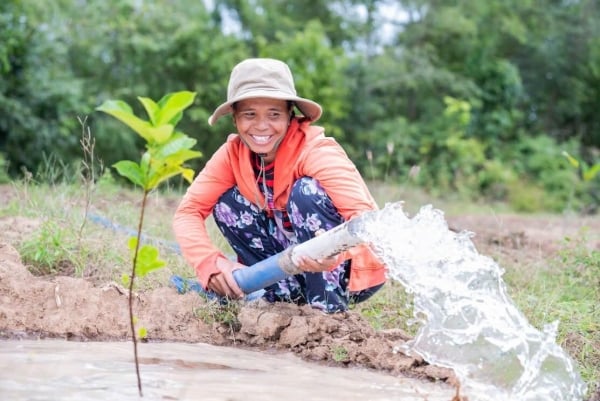



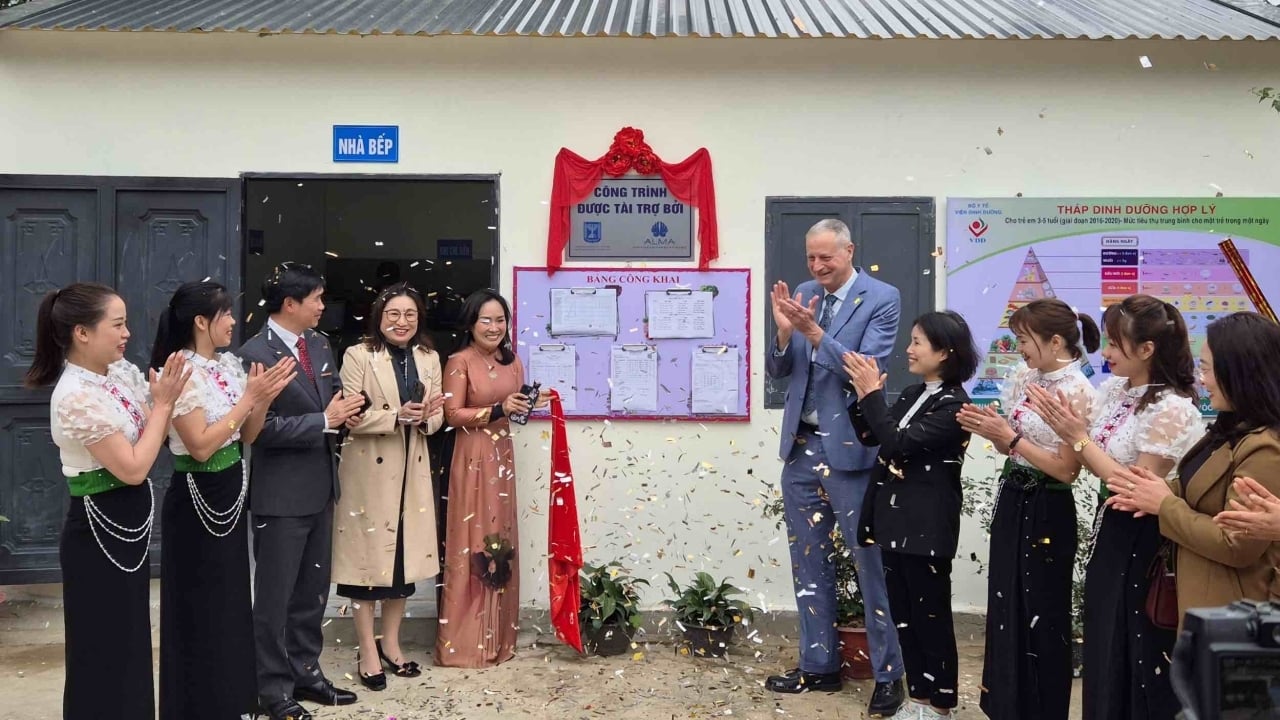
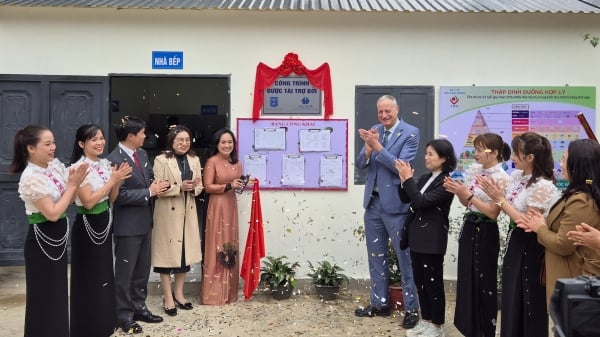

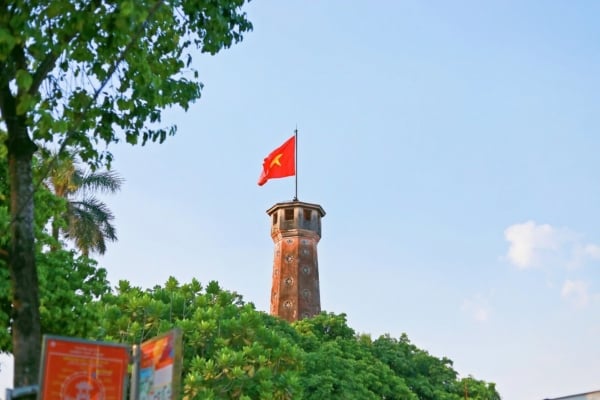
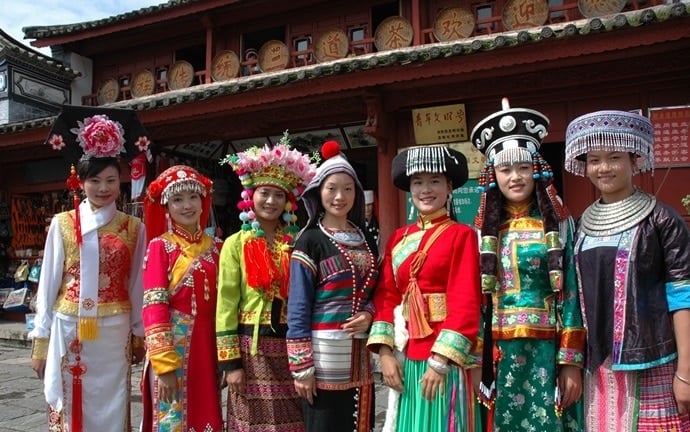
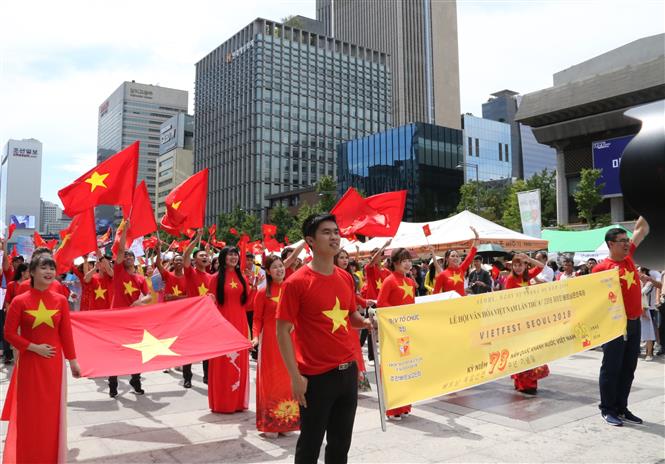
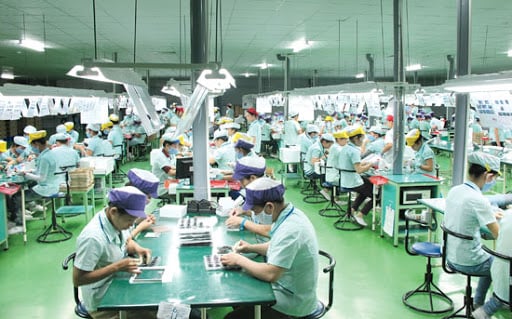
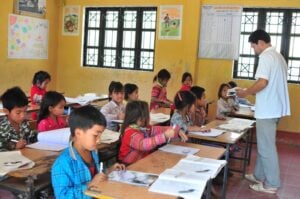
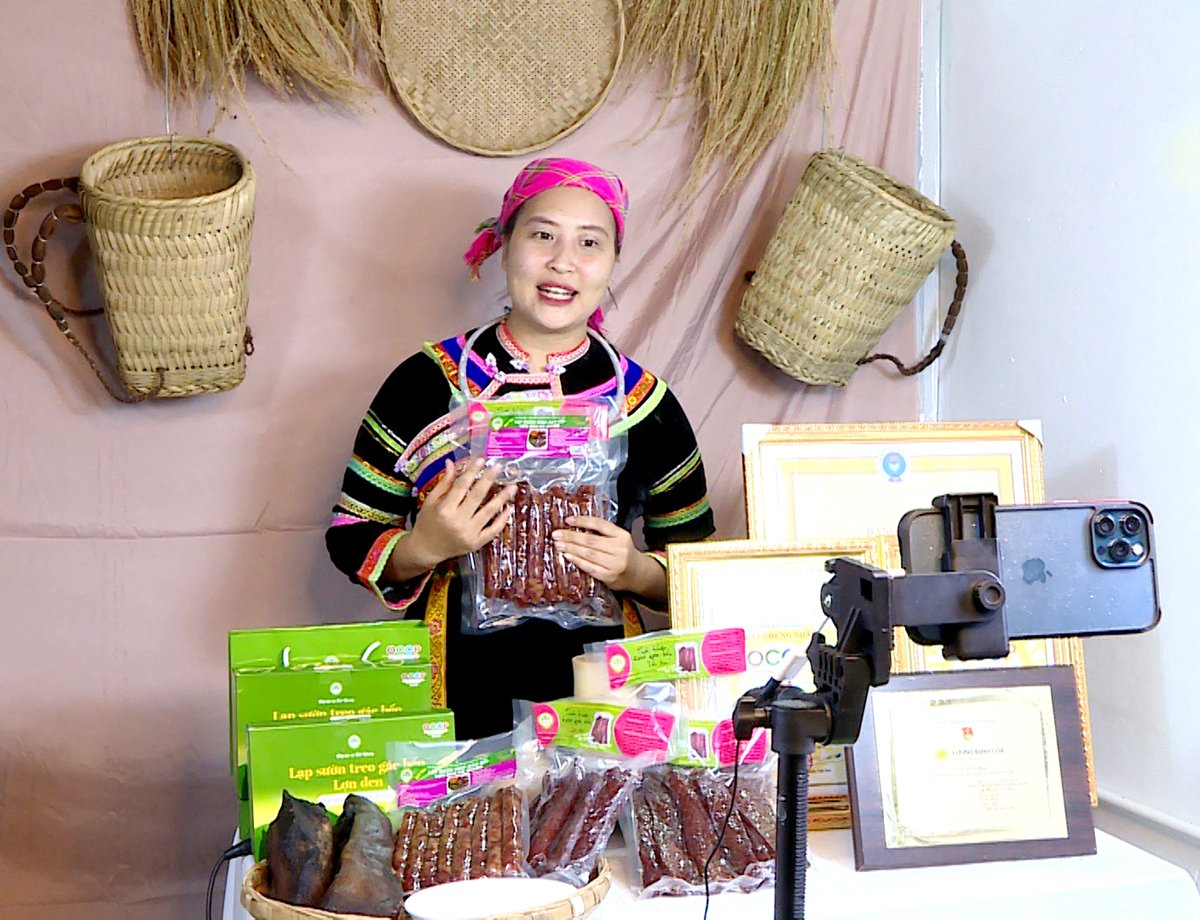
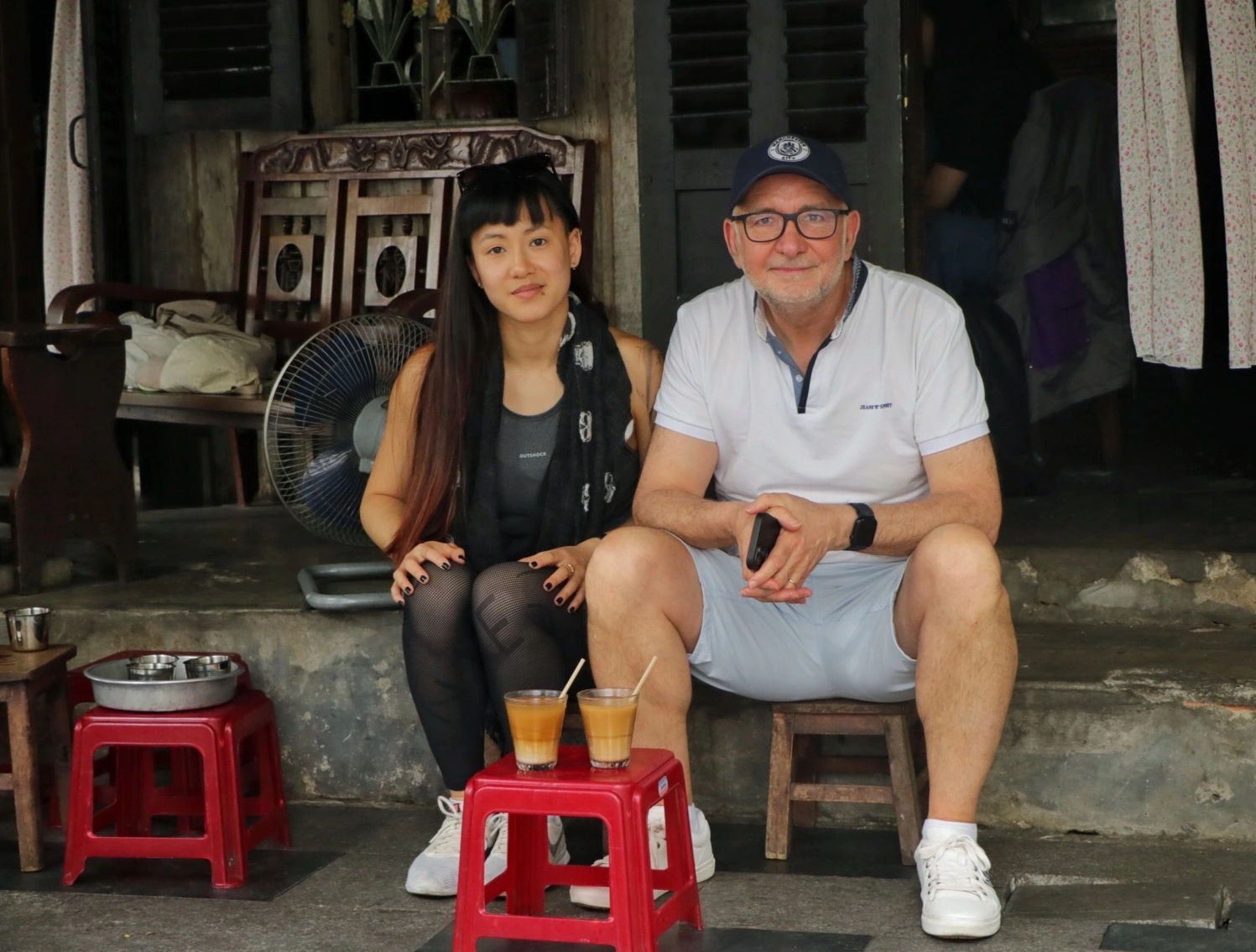

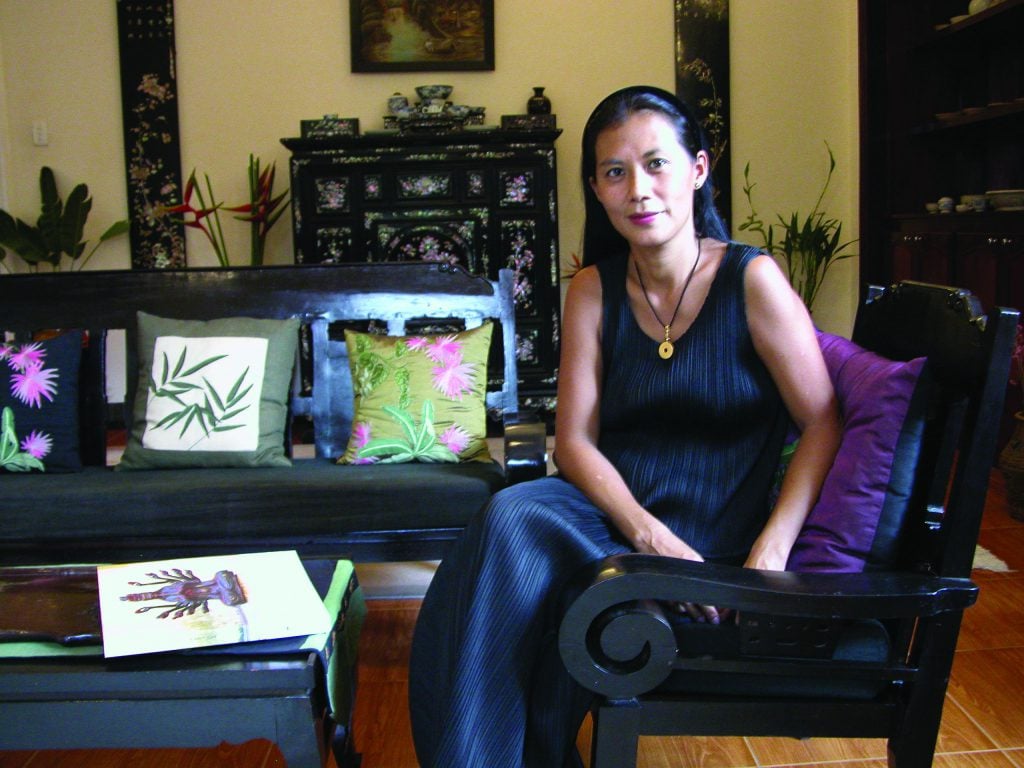

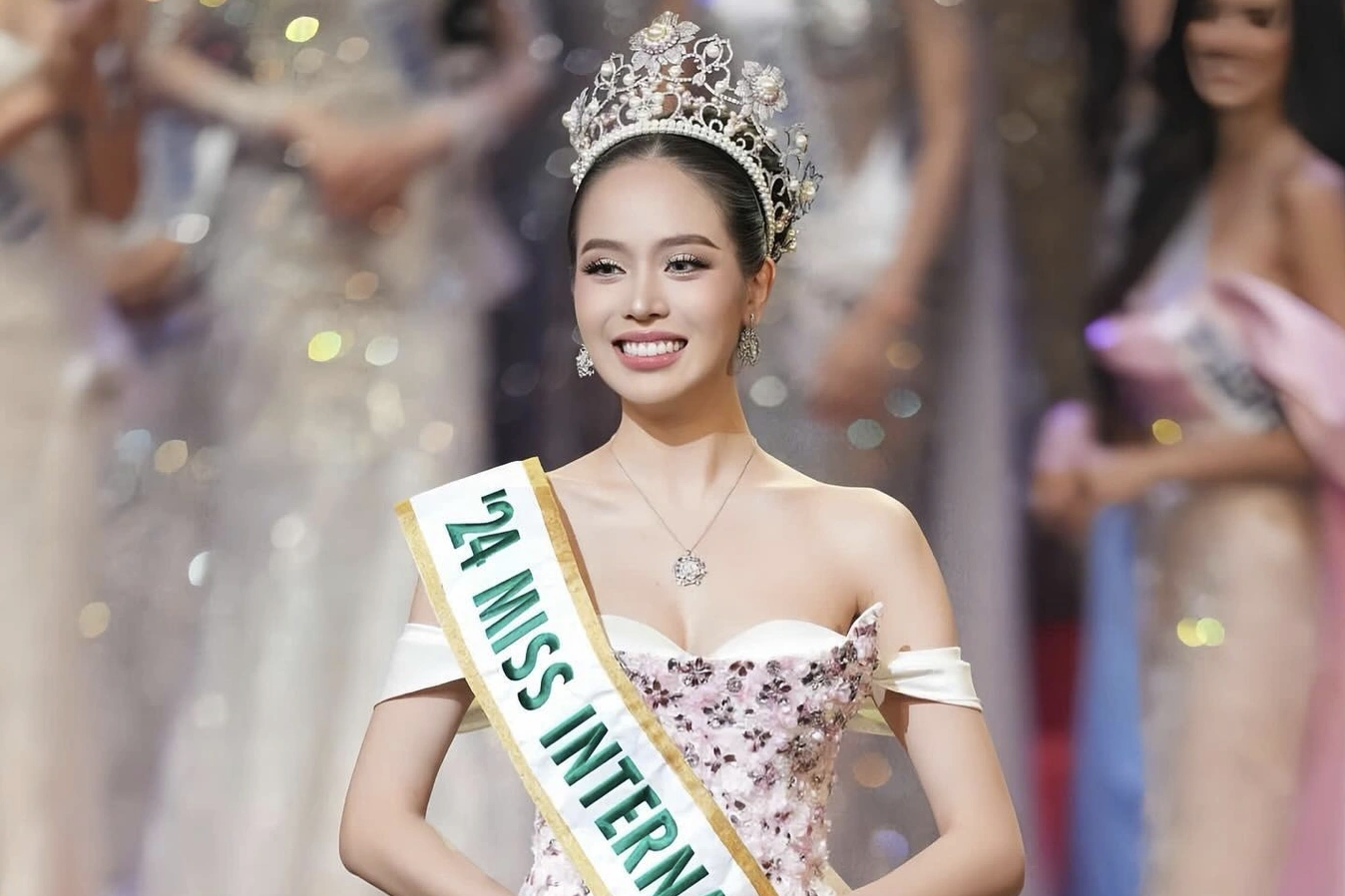



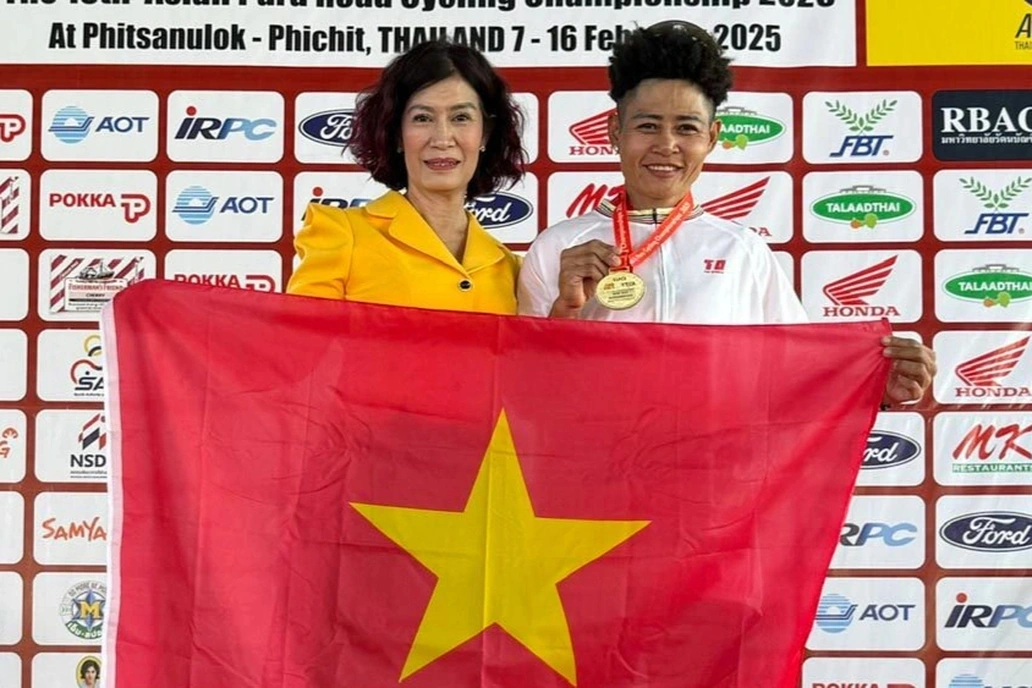
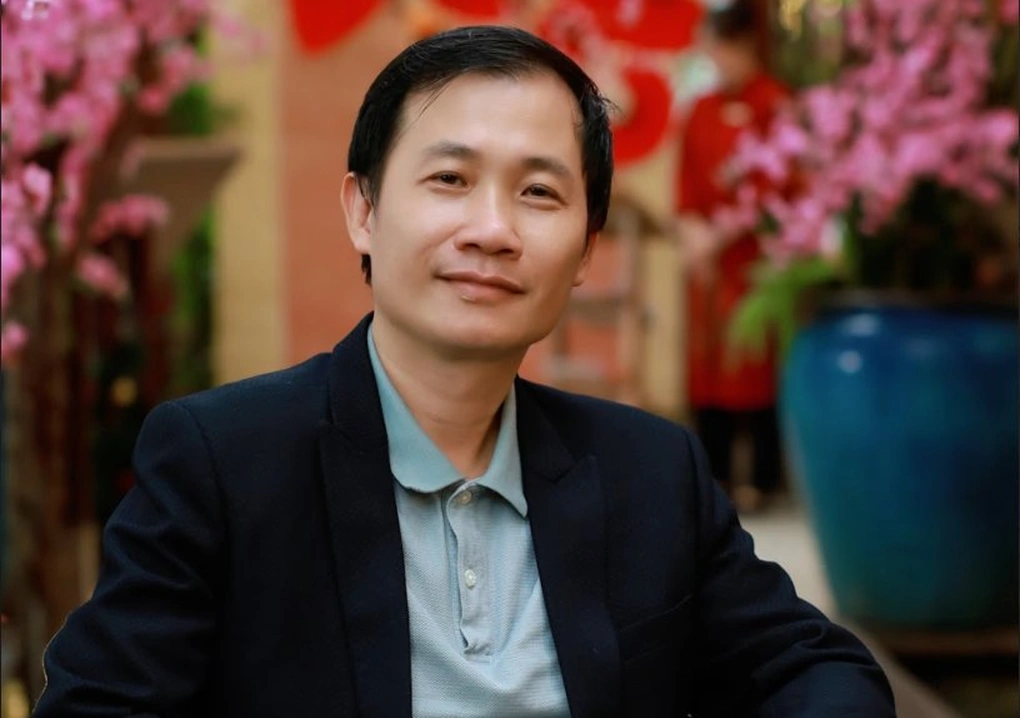


Comment (0)